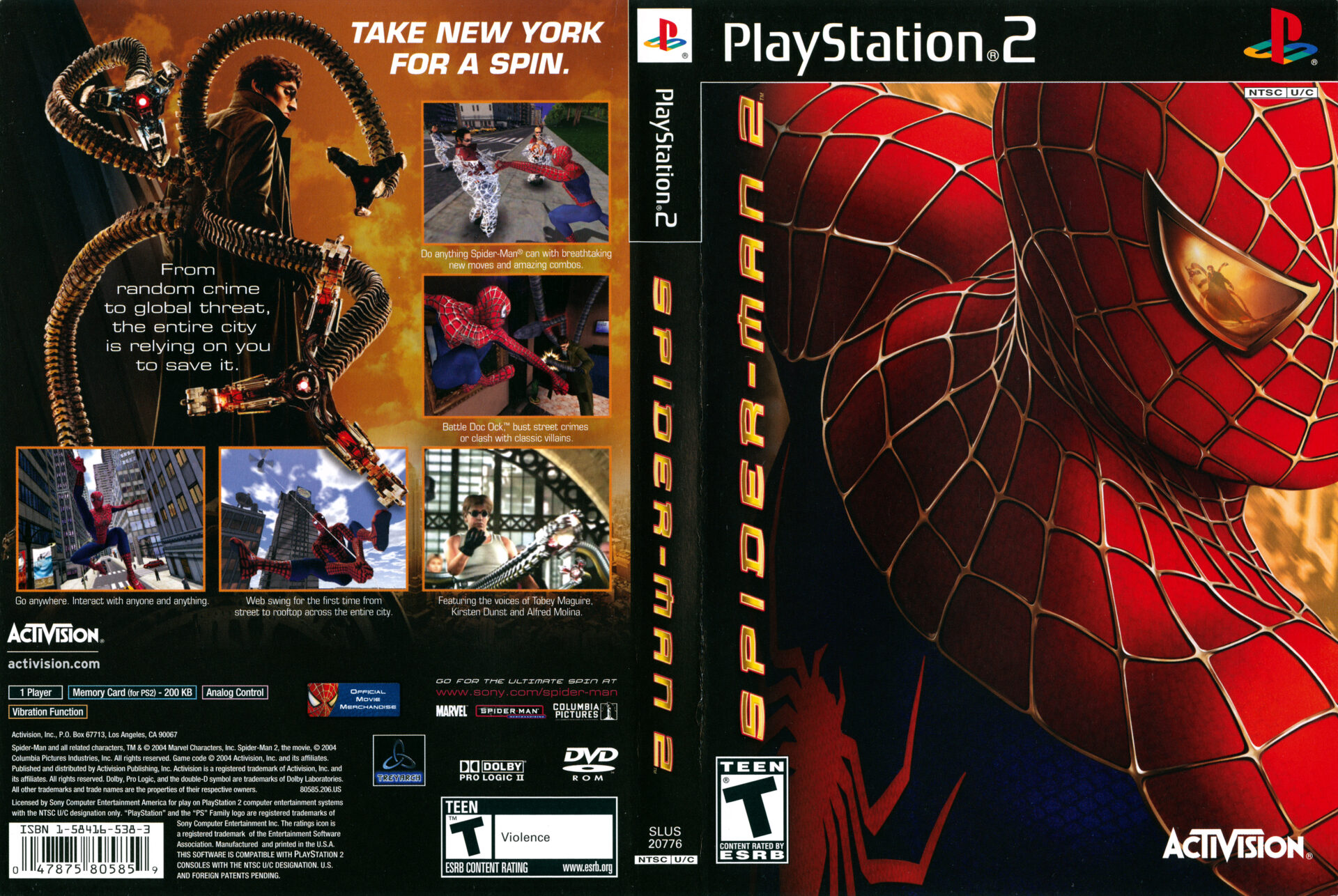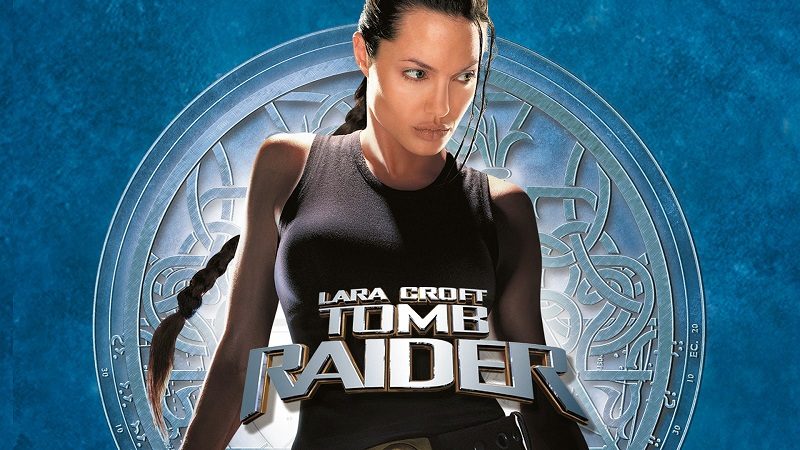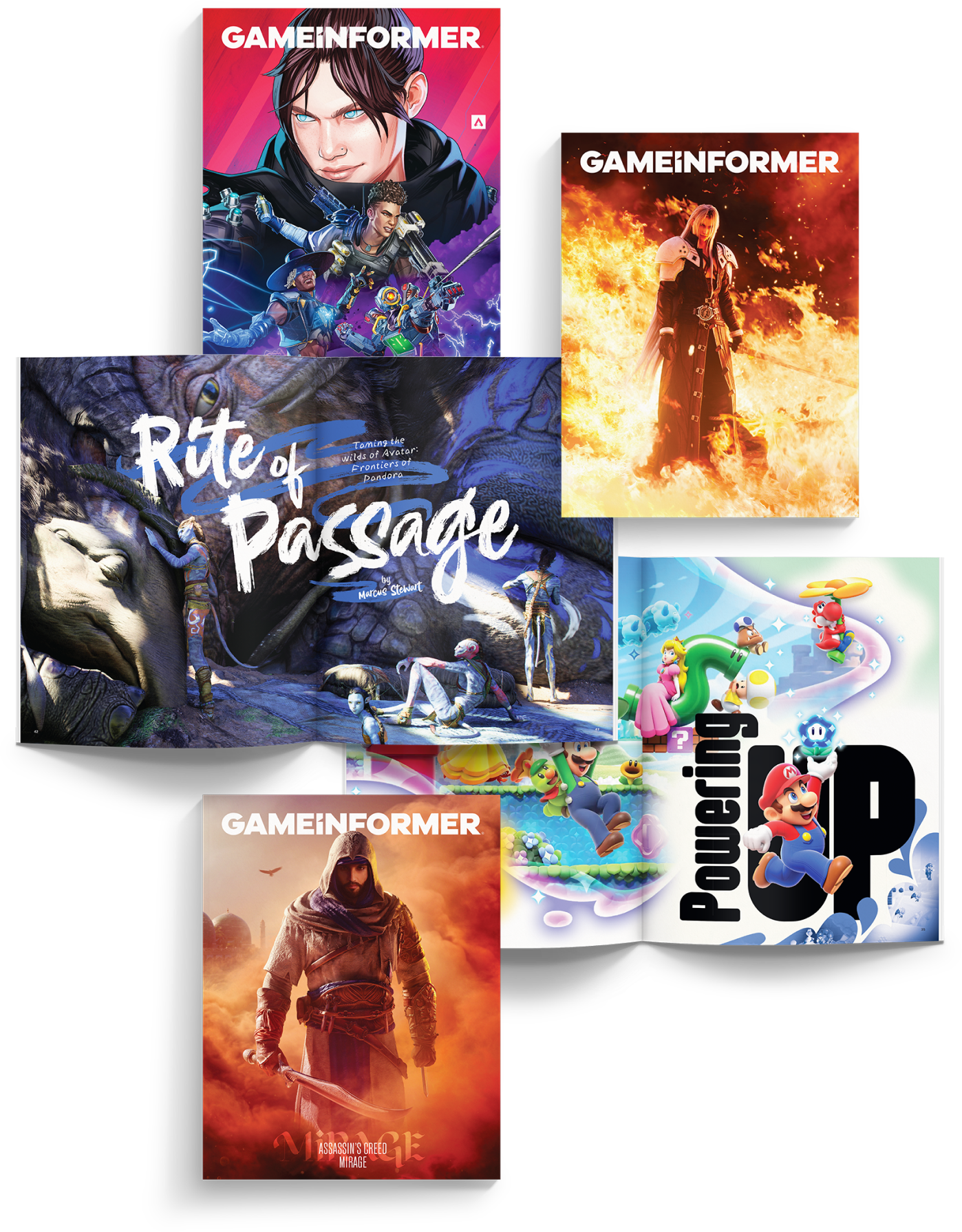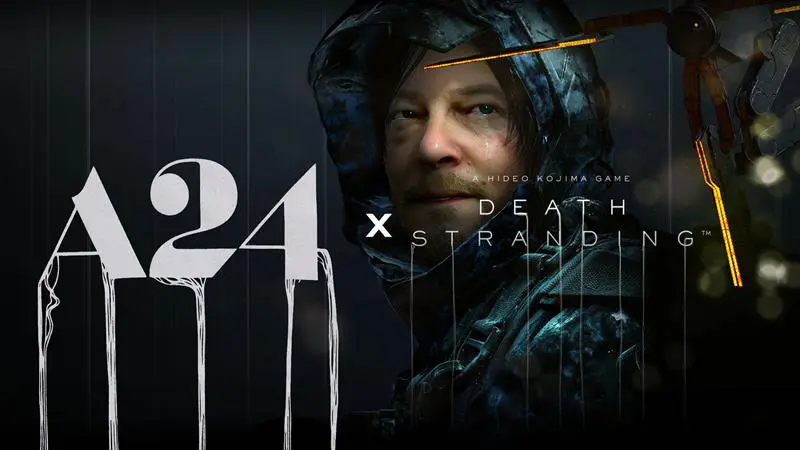Why Video Game Adaptations are Hollywood’s Next Cash Cow
The intersection between “gamers” and film and TV enthusiasts is as close to a circle as the most competent draftsman could conjure. It is strange, then, that Hollywood producers and executives have struggled to competently capitalize on this ready made market. For decades, the prevailing and somewhat successful strategy was to commission game studios and developers to create a tie-in video game to release day and date, with its live action counterpart. The idea being that the hype surrounding the release of the film, usually on opening weekends, would propel the licensed video game to similar sales numbers and maybe even critical acclaim.

[https://ia601700.us.archive.org/19/items/spider-man-2-ps2-hiresscans/Spider-Man%202%20-%20Box.jpg]
Rarely, if ever, did any licensed video game live up to, or even surpass critical acclaim. One or two exceptions existed here and there, such as the PlayStation 2 version of Spiderman 2 or the Nintendo 64’s Classic Goldeneye. The consistent releases of sub par licenced video games led to the subcategory gaining a negative reputation as nothing more than a cheap cash in. Which was a fair assessment for some games, but the reality was usually tight development time and not enough resources spent on the games.

[https://www.mtrnetwork.net/wp-content/uploads/2018/03/lara-croft-tomb-raider-750×375@2x.jpg]
Similarly, the same could be said for the reverse. Film and TV adaptations of video game franchises gained a negative reputation commonly referred to online as the “video game adaptation curse.” Iconic franchises that managed to break into the mainstream consciousness such as Tomb Raider and Resident Evil had decent outings but could not hold a candle to the prestige and acclaim that their source material had.
Recently, though, something shifted. The release of The Last of Us, The Super Mario Bros film, Sonic the Hedgehog 1 & 2 and even tv shows like Arcane, Cyberpunk Edgerunners and most recently the Emmy award nominated Fallout have shown a level of consistent top tier quality, previously deemed unattainable.

[https://www.gameinformer.com/sites/default/files/styles/full/public/2024/04/19/3cdfd137/fallout-amazon-prime-video-tv-show-season-2-confirmed-renewal.jpg]
It’s fascinating to identify what made these projects work compared to the attempts of the past. My best guess is that most of these projects have had a dedicated creative that has been part of the games or understands the nuances and quirks of the video games that would best translate to the non-interactive medium of film and tv. The Last of Us and Cyberpunk had creative directors from the games have very direct input into their adaptations. The same can be seen with Arcane and Fallout.
The projects are not afraid to make changes that would suit this new medium. The changes vary drastically, depending on the project. From characters, locations, abilities and even background lore. The deliberate lack of copious pandering to the fans also helps in enriching these titles to be able to stand alone as unique projects.
The mainstream recognition of video games such as Fortnite and Minecraft, have been a huge boon to the general acceptance and quirky culture of video games. Legacy titles, such as Grand Theft Auto, have paved the way for newer mainstream games such as Elden Ring, to break through that proverbial mainstream glass ceiling and become as recognisable as most Hollywood franchise IP.
What this recognition proves and provides is a guarantee of an established audience ready to consume most, if not, all the adaptations that Hollywood may lovingly create. Of course, this audience will only show up if the quality remains consistent. For years, many pundits and fans have lamented the creative rut that big budget films have become. Even the reliable Marvel Cinematic Universe and the DC superhero films are seeing a steep decline in sales and perception. Remakes aren’t making the money or generating the hype that they used to, and we are seeing fewer and fewer successful book to film adaptations.

https://www.relyonhorror.com/wp-content/uploads/2023/12/a24-death-stranding-Copy.jpg
This leaves Hollywood with few choices; one of which is video games. A medium which already has an established fanbase already accustomed to both playing and watching hundreds of hours of content based on the IP that they love and adore. With video game adaptations, the possibilities are endless. We have heard of various projects, from Death Stranding to Asteroids, being greenlit.. Adaptations like these could span all kinds of genres and target audiences. And most critically, spark new life and creativity into the tentpole summer blockbuster system that Hollywood so desperately relies upon.
Read More Of Our Stuff
A ‘Clair Obscur: Expedition 33’ review
A Clair Obscur: Expedition 33 reviewAs someone who has only ever flirted with the turn-based RPG genre, I am surprised at how much Expedition 33 hooked me in. To set the scene: I am your stereotypical, action-adventure junkie. I am also enthralled by the flashiness of...
Gaslight, Gremlin, Girlboss: The Apothecary Diaries and Hollow Feminism
GASLIGHT, GREMLIN, GIRLBOSS: THE APOTHECARY DIARIES AND HOLLOW FEMINISMThere’s a kind of beauty in restraint, not the kind that hides emotion, but the kind that simmers just beneath the surface, like heat behind a half- glance. Watching The Apothecary Diaries feels...
Bridging Worlds: How Video Game Adaptations Connect Gamers and New Audiences
The world of entertainment is increasingly interconnected, and one of the most prominent trends in recent years has been the adaptation of video games into films, TV shows, and even animated series.










